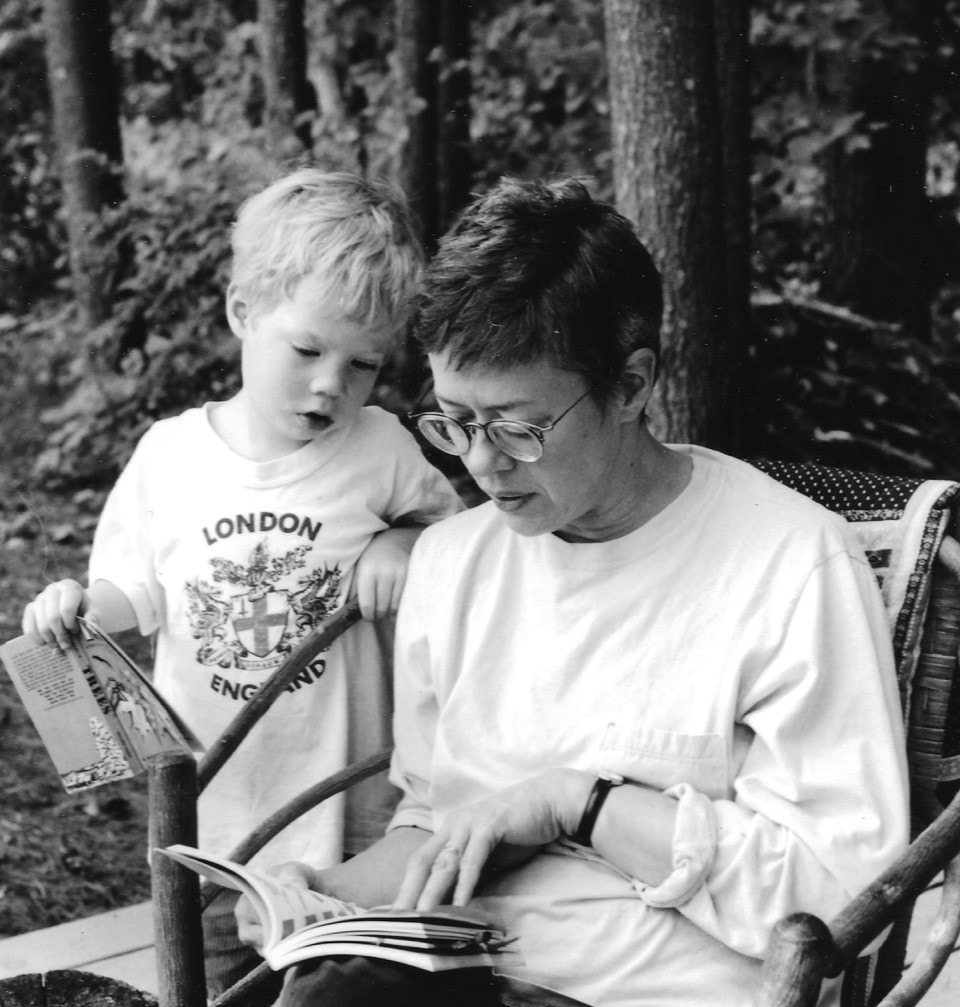colonists in an unflattering light. He points out the hypocrisy of the patriots who condemn the tyranny of British rule under which they suffer while denying freedoms to others. To quote Philbrick, “Enslaved African Americans, Indians, women, Catholics, and especially British loyalists were not worthy of the same freedoms they [patriots] enjoyed.”
Even George Washington, heaven forbid, is not immune to Philbrick’s honest portrayal of the man and his military career. After the battle of Bunker Hill, the Continental Congress named Washington Commander-in-Chief of the Continental Army. A promotion that may not have happened at all, Philbrick speculates, if the highly respected, charismatic, doctor, military leader, and president of the Provincial Congress, Joseph Warren, had not been killed at Bunker Hill. Is it possible that the job would have been offered to him? This award-winning bestseller details the period between the Boston Tea Party in December 1773, and the British evacuation of Boston in March 1776. His writing style includes occasional bits of subtle irony that I enjoyed. I have to admit, however, that I got bogged down in the first half of the book in which he describes at length the personalities and conflicts between British loyalists and the patriots. I put the book down for a while, then resumed reading it. I’m glad I did. Things heat up on April 19, 1775, when British general Gage orders his troop to march through Lexington to Concord to retrieve artillery pieces and military stores the patriots have hidden away. As the British retreat back to Boston with little to show for their efforts, they run a gauntlet of patriot fire that turns the incident into an American victory. Of far greater magnitude is the battle of Bunker Hill on June 17, 1775. The result is a British victory, but it comes at tremendous cost. American casualties of dead and wounded total 420 compared to British casualties of 1,054, nearly half of the 2,200 regulars committed to the battle. What follows is an eight-month siege of Boston by the patriots, ending when the British depart for Halifax. I don’t want to leave the impression that Philbrick does not value General Washington’s leadership qualities; he does. Also, at the end of the book, he says Washington’s attitudes toward patriot discrimination and retaliation had evolved for the better. When the siege of Boston ended he “acted decisively” to stifle violence against loyalists and Catholics. On a personal note, this book belonged to former resident Huber Warner, and I bought it at his book sale after his untimely death. It came with a bookmark with his picture on it, which I treasure. I will donate the book to our library. It’s worth a read during our confinement. By Mary Abbe Hintz Originally published in the December 2020 issue of the 1666 Coffman Newsletter Looking back through one of the seventy-some journals I’ve written in the past fifty-some years, I came upon a small brown envelope, sealed and addressed: To the Tooth Fairy. A sharp-edged bump hinted that the little packet held a tiny gift from my then seven-year-old son to the addressee.
icking up a bit of Mole’s lingo, we had named a nearby house “a bijou riverside residence,” because it was so like Ratty’s snug nest under a grassy bank right at the water’s edge.
Mark was into Kipling that summer, happily chewing his way through the Jungle Books. Somehow I’d missed them as a kid. So when he insisted I read “Riki-tiki-tavi,” I did. I’ve forgotten it now, but agreed then that it was a fine read, a great suspenseful story about a mongoose that saves a family from cobra attacks. A few years later he’d regale us at dinner by reading aloud the menus for the fabulous feasts the animal protagonists served-up in Brian Jacques’s Redwall books. And then it was on to Douglas Adams’s sci-fi masterpieces Hitchhiker’s Guide to the Galaxy; Life, the Universe and Everything; and, of course, So Long, and Thanks for All the Fish. Meanwhile Mark, his dad, and I were talking about whatever we happened to be reading at the time—Pablo Neruda’s poetry; histories of the atomic bomb; a new biography of Anthony Blunt, the Cambridge-educated art historian and curator of Queen Elizabeth II’s art collection who, from the 1930s into the ’60s, was a spy for the Soviet Union. Fiction and fact, imagination and experimentation, dreams and reality swirled through our reading choices then, as they do now. Coffman residents seem to share our family’s eclectic and voracious reading habits. Last year, 2019, residents checked out 943 books, more than in any of the previous seven years. The official count started in 2013 when a mere 283 books left their nooks. This year that record is very likely to be topped again, as evidenced by the fat stacks of sign-out sheets and the book return bin that’s emptied every day. Coffman’s quasi-quarantine has probably prompted some of this bookish enthusiasm. No doubt the political ferment of the times, along with curtailed travel, has driven us to reading. In troubled days we can all find inspiration and solace in history, novels, mysteries, adventure tales, and even books probing the dark secrets of other people’s lives. This fall Coffman added more than thirty new books to the library’s collection. They deal with such topical issues as racism, hurricanes, breathing problems, and the 1918 pandemic that is so eerily echoed in today’s news. But they also offer diversions—everything from an imaginative tragedy about Shakespeare’s son to a Pulitzer Prize-winning Larry McMurtry tale, and classic novels by Thomas Wolfe and Gustave Flaubert. Plus essay collections, biographies, poetry, mysteries, spy stories, adventures, travel writings, histories, and more. For your convenience, there’s an annotated list of the new books on the library’s central table. Whenever I step into that lovely two-story, book-lined room that was so aptly designed at the very center of Coffman’s building, intended to be its heart, I feel happily invited once more into the adventures—and the deep pleasures—of reading. I hope you do too. Enjoy! |
NewsletterCoffman residents, signup for monthly updates from the Library! Thank you!You have successfully joined our subscriber list. Posts by Year
All
Posts by Month
July 2024
|




